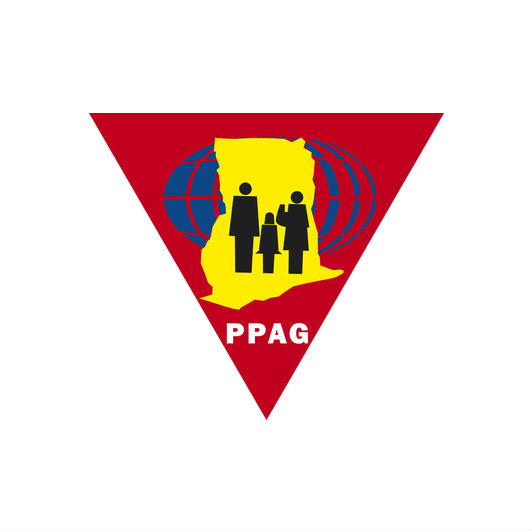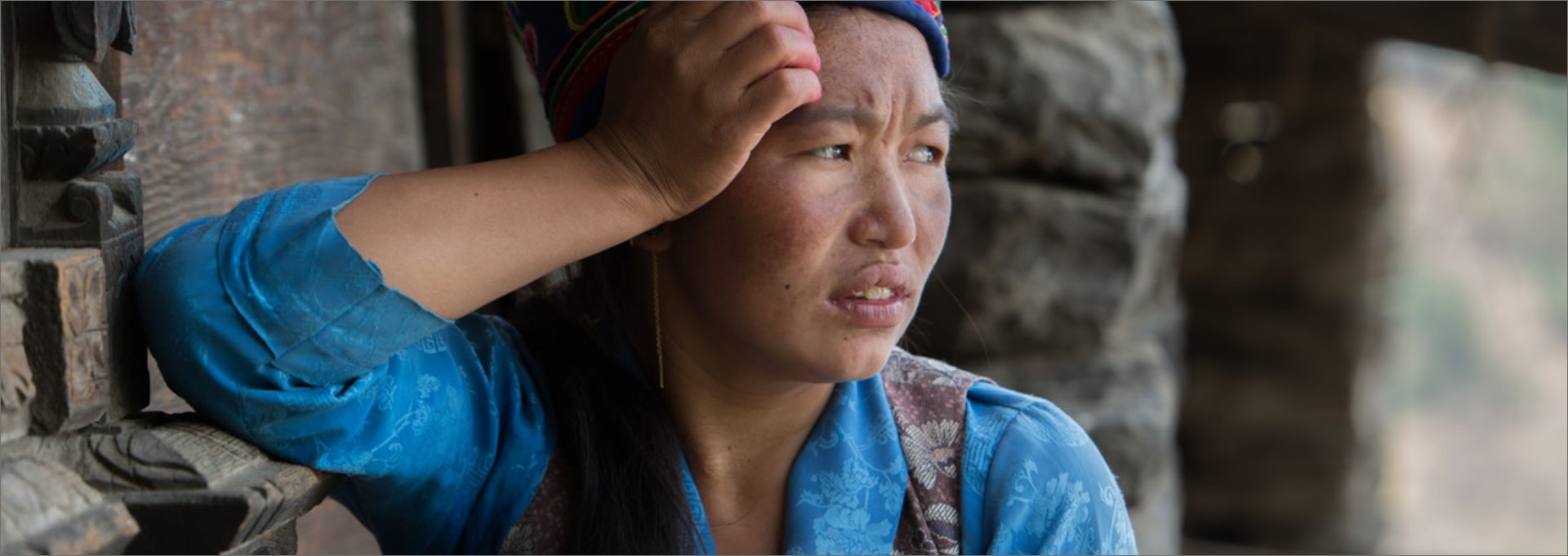

| 31 March 2016
Planned Parenthood Association of Ghana
Ghana is a country which has deep-rooted cultural norms, and structural barriers that perpetuate poor sexual and reproductive health. These include high risks of maternal mortality, high numbers of sexually transmitted infections, including HIV, and low levels of contraceptive use. The Planned Parenthood Association of Ghana (PPAG) was set up in 1967 to provide family planning services to the people of Ghana. Over the years, its work has expanded to cover a whole range of sexual and reproductive health (SRH) services. Today, in addition to basic family planning support, PPAG provides maternal and child health care, infertility management, and voluntary counselling and testing (VCT) for sexually transmitted infections (STIs) including HIV. It also provides other SRH services (for example, programmes for the management of erectile dysfunction). PPAG’s operation depends on a team of 103 staff, over 1,000 volunteers, 300 peer educators, 551 community-based distributors (CBDs) and a Youth Action Movement membership of 810 young people. PPAG's delivers services and programmes through 1,356 service points, including 11 permanent clinics, 54 mobile clinics and over 1,000 community-based service points (CBSs). PPAG works with a huge roster of partners, right across government in health, education, HIV and AIDS, youth, and population planning departments. Its civil society networks include over 15 non-governmental organizations. It receives financial support from the Japanese International Cooperation Agency, the Japanese Organization for International Cooperation in Family Planning, UNFPA, the Programme For Appropriate Technology in Health (PATH), the African Youth Alliance (AYA), the Big Lottery Fund (BLF) of UK, DANIDA, the French Embassy, the UK’s Department for International Development (DfID), UNICEF and GTZ.

| 19 January 2024
Llaves - Honduras
LLAVES is a non-profit organization founded in 1999 by Allan Dunaway and Rosa Gonzalez in response to the particular needs of people living with HIV, specifically in the defense of the human rights of this population. LLAVES has developed expertise in the area of communication and uses it as a vehicle for primary and secondary prevention of HIV and other STIs, human rights advocacy, political advocacy, promotion of values, as well as the involvement of other key actors in the response to the epidemic, and its territorial areas of work are regional, national and international. LLAVES seeks to enhance the availability and quality of access to and use of key information, products and services for development that contribute significantly to improving the lives of people living with HIV and other vulnerable groups. The advocacy developed by LLAVES has been instrumental in achieving access to comprehensive care for people living with HIV, as well as a legal framework such as the special HIV Law and its reform. LLAVES has also been active in the development and implementation of the Five Year Plan on HIV and Human Rights: Reducing Human Rights Related Barriers to Access to HIV Services, an ambitious plan that aims to reduce legal, policy, scientific and community gaps. It comprises seven program areas, aimed at strengthening programs to protect and promote human rights, because human rights-related barriers impede the reach, use and impact of comprehensive HIV prevention and care services. Instagram Twitter







